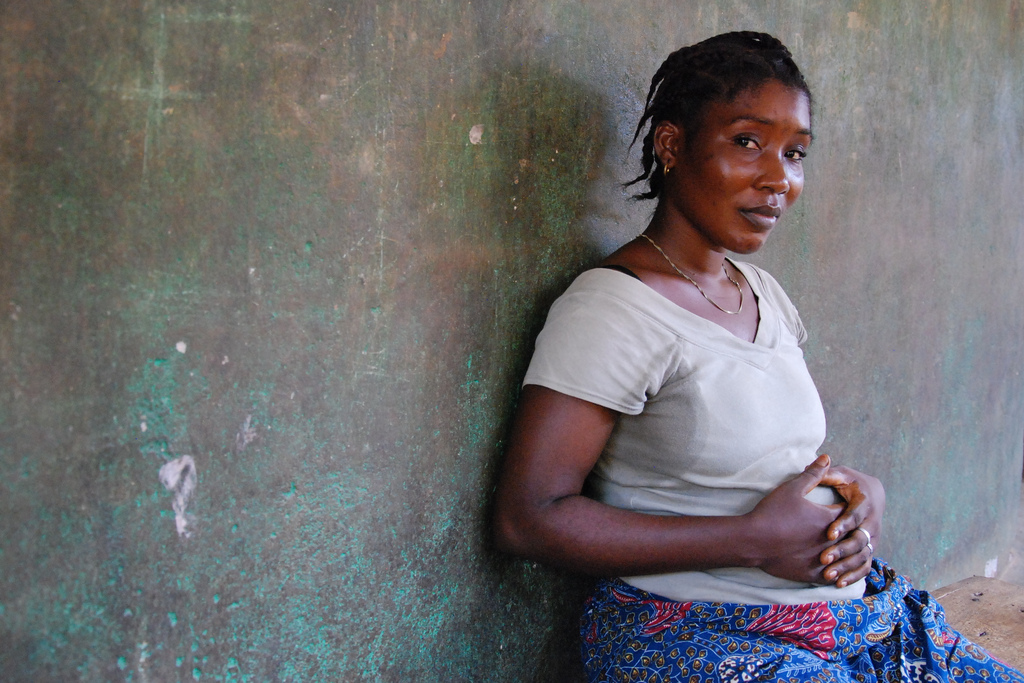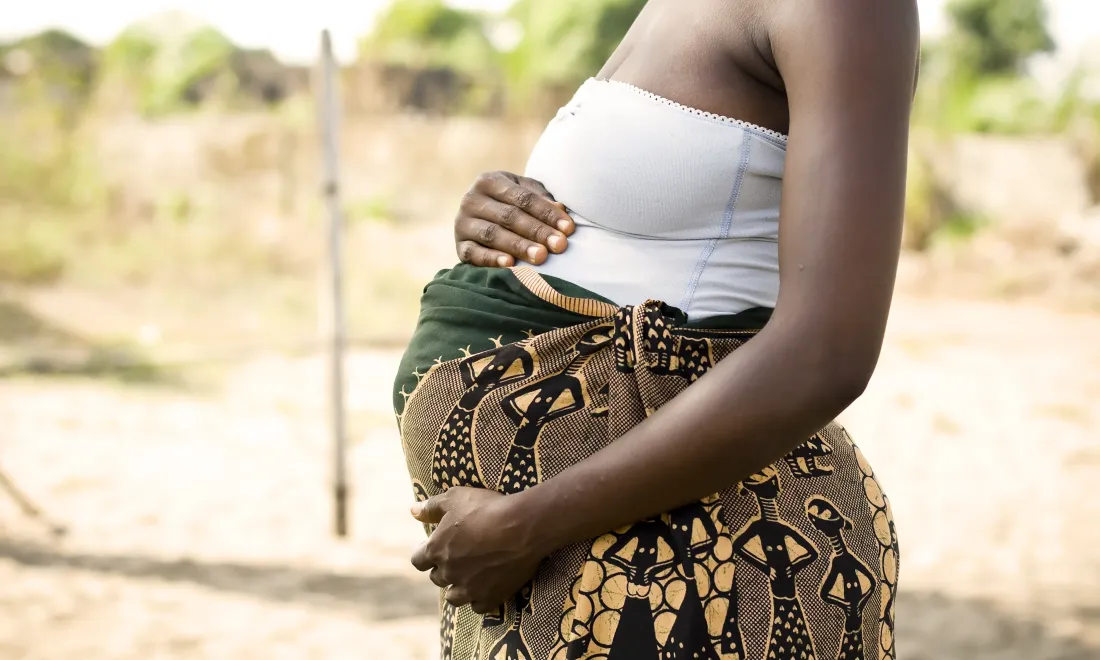Malaria in Mothers and Babies Pregnancy Exposure Registry – MiMBa
Malaria in Mothers and Babies Pregnancy Exposure Registry – MiMBa

WWARN’s team is part of the Malaria in Mothers and Babies (MiMBa) Pregnancy Exposure Registry, a multi-country observational study which aims to generate robust safety data on the use of the antimalarial Artemisinin-based Combination Therapies (ACTs) in all trimesters of pregnancy (with a focus on the first trimester).
WWARN has led on the data management, registry development, and statistical analysis of the Malaria in Mothers and Babies (MiMBa) Pregnancy Exposure Registry since 2020.
There are currently limited treatment options for pregnant women in the first trimester who have malaria, because there is little data on the safety of antimalarials during pregnancy. This is compounded by the lack of robust systems to monitor drug safety.
We therefore need to develop surveillance systems to assess the safety of these drugs in pregnancy.
With project partners, WWARN has developed an antimalarial pregnancy registry, which captures and analysis data on the safety of different drugs used to treat and prevent malaria in pregnancy. The registry includes data on Pyramax the new ACT, and injectable artesunate the WHO-recommended treatment for severe malaria.
In the first instance, the project will collect first trimester pregnancy data at two sentinel sites in Kenya and Burkina Faso: we will follow women through pregnancy to delivery, and infants up to one year of age, capturing outcomes such as live births, miscarriages, stillbirths, major congenital anomalies and maternal and neonatal deaths.
WWARN is responsible for:
- developing the data management plan and data verification processes for pooling individual patient data
- developing the structure of a centralized REDCap database
- managing the IT infrastructure required to host the databases, and to process and curate the data from individual sites. The data will be processed to CDISC SDTM format ensuring the highest quality standards accepted by the regulatory authorities
- Coordinating with project partners about data management training needs, including support in developing the syntax needed to merge data sources and derive data needed to identify individual pregnancy records, enabling data polling in the central database.
- Providing statistical support to develop the statistical analytical plan and conducting pooled analysis.
- Liaising with the WHO/TDR Central registry for epidemiological surveillance of drug safety in pregnancy to ensure data are transferable at the end of the project.
An individual patient data meta-analysis from Study Group on the safety of artemisinin-based therapies for treatment of malaria in the first trimester will support this work as well.
As part of the ultimate aim of bringing about a review of current treatment guidelines, we will also present the results to the WHO and any relevant local and national health and regulatory authorities.
- Medicines for Malaria Venture (MMV): Dr Wiweka Kaszubska, Dr Stephan Duparc, Dr Tim Wells
- WorldWide Antimalarial Resistance Network (WWARN): Prof Philippe Guerin, Dr James Watson
- Kenya Medical Research Institute (KEMRI): Dr Simon Kariuki (Kenya co-Principal Investigator), Dr Hellen Barsosio (Kenya co-Principal Investigator), Dr Benard Omondi
- Institut de Recherche en Sciences de la Santé (IRSS): Prof Halidou Tinto (Burkina Faso co-Principal Investigator), Dr Innocent Valéa (Burkina Faso co-Principal Investigator), Dr Toussaint Rouamba
Read more about the Malaria in Mothers and Babies initiative
Caitlin Richmond, Programme Manager: Caitlin.richmond@wwarn.org

